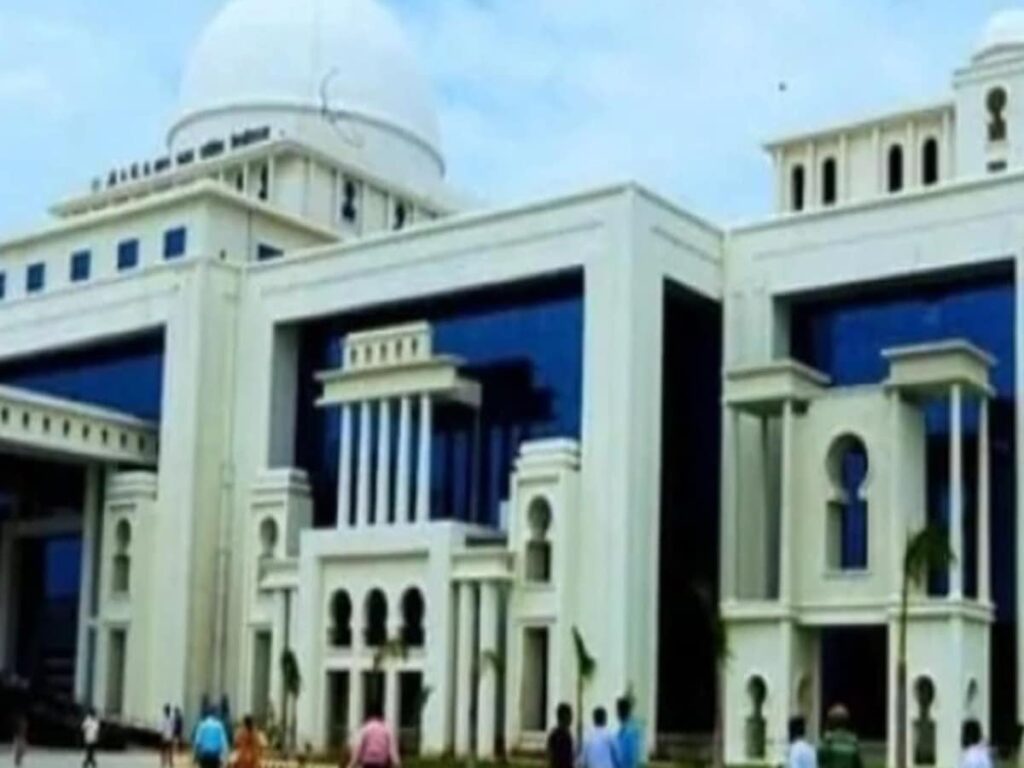The current admission process for academic year 2024-25 in various technical courses offered by AKTU (Dr. A.P.J. Abdul Kalam Technical University) has revealed a concerning trend: a total of 1500 seats remain unfilled across B.Tech, MBA, and B.Des programs. This situation is particularly alarming as there are also significant vacancies in the second year of B.Tech/BE and B.Pharm courses. This article delves into the factors contributing to this phenomenon, the implications for students and educational institutions, and potential solutions to address these challenges.
Understanding the Admissions Landscape
Factors Behind Low Enrollment
Several factors contribute to the unfilled seats in AKTU’s programs. These include:
- Changing Aspirations: A growing number of students are opting for alternative career paths beyond traditional engineering and management.
- Quality of Institutions: Concerns regarding the reputation and infrastructure of certain colleges can deter prospective students.
- Competition from Other Institutions: The rise of private universities and their competitive programs present viable alternatives for students.
- Economic Factors: Financial constraints may limit students’ ability to pursue certain courses, especially in self-financed institutions.
Current Vacancy Statistics
The following table summarizes the current vacancies in various programs for the academic year 2024-25:
| Program | Total Seats | Filled Seats | Vacant Seats |
|---|---|---|---|
| B.Tech | 1500 | 0 | 1500 |
| MBA | 1500 | 0 | 1500 |
| B.Des | 1500 | 0 | 1500 |
| B.Pharm | Varies | 0 | Varies |
Implications of Unfilled Seats
The significant number of vacant seats has several implications:
- Financial Impact: Colleges may face financial repercussions due to lower student intake, impacting their operational budgets.
- Quality of Education: Reduced enrollment can lead to a decline in academic standards and opportunities for peer learning.
- Reputation Management: Institutions with high vacancy rates may find their reputation suffer, leading to further declines in admissions in subsequent years.
Possible Solutions
To address the issue of unfilled seats, several strategies can be adopted:
- Enhanced Marketing Efforts: Institutions should increase outreach and marketing initiatives to inform students of available programs and their benefits.
- Aim for Quality Improvement: Continuous improvement in infrastructure and curriculum can attract more students.
- Flexible Financial Options: Introducing scholarships or flexible payment plans may ease the economic burden on students.
- Collaboration with Industries: Partnering with industries for internships and training can make courses more attractive to students.
Conclusion
The current scenario of unfilled seats in AKTU’s B.Tech, MBA, and B.Des programs highlights a significant challenge for educational institutions. Addressing the root causes of low enrollment requires a multi-faceted approach focusing on quality, accessibility, and industry collaboration. By implementing these strategies, AKTU can enhance its appeal and fill these vacant seats, ultimately contributing to a richer educational environment for all students.
